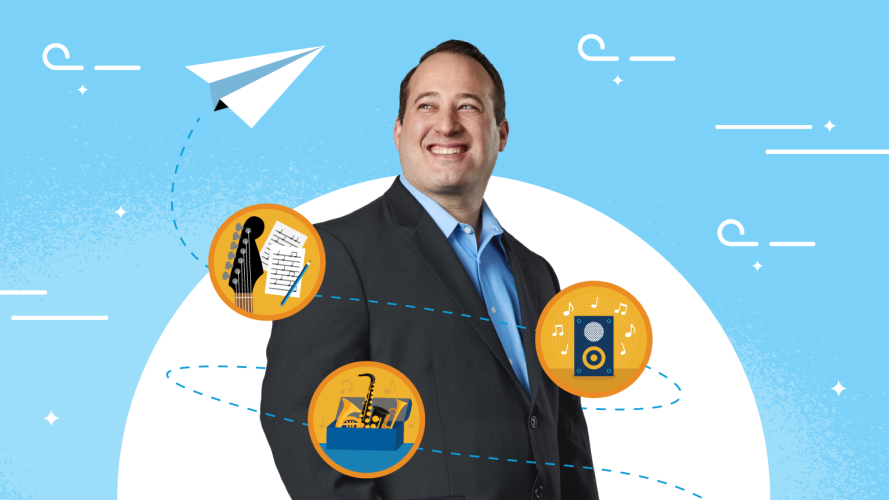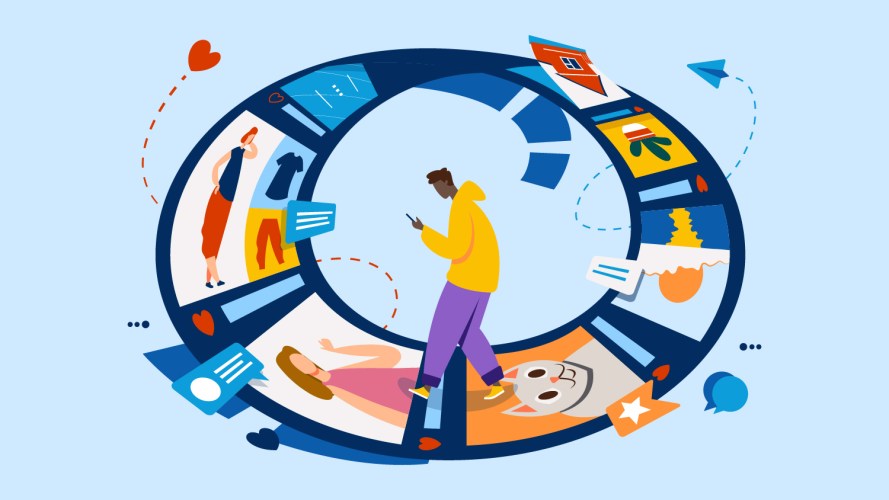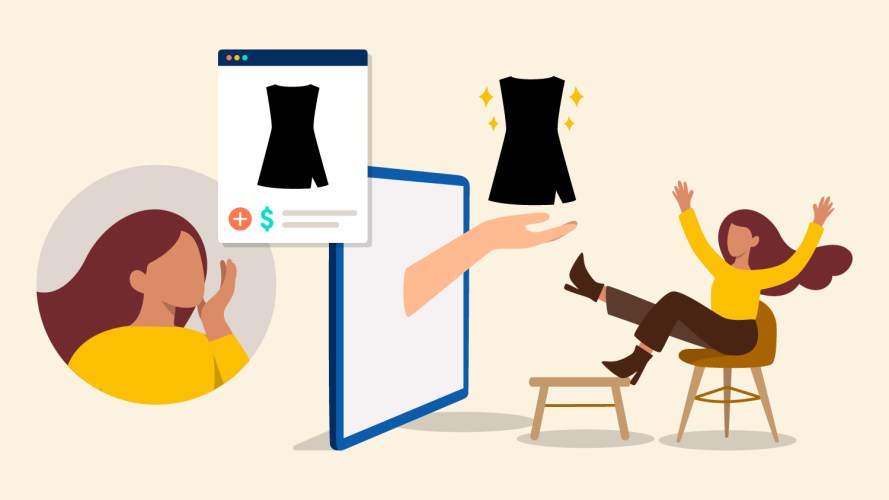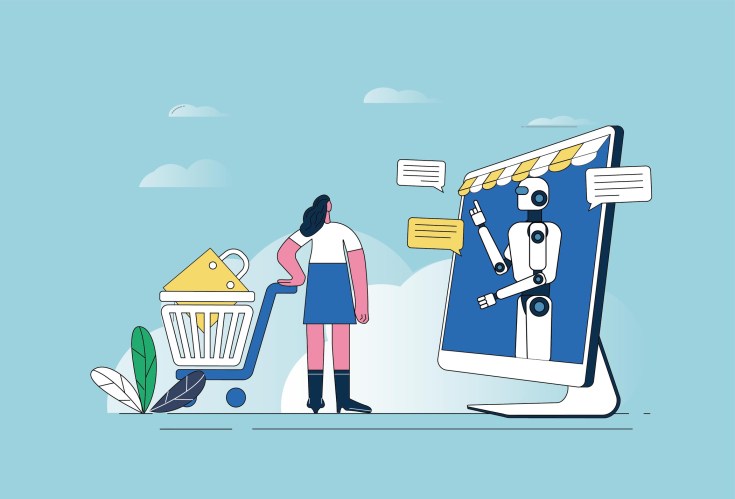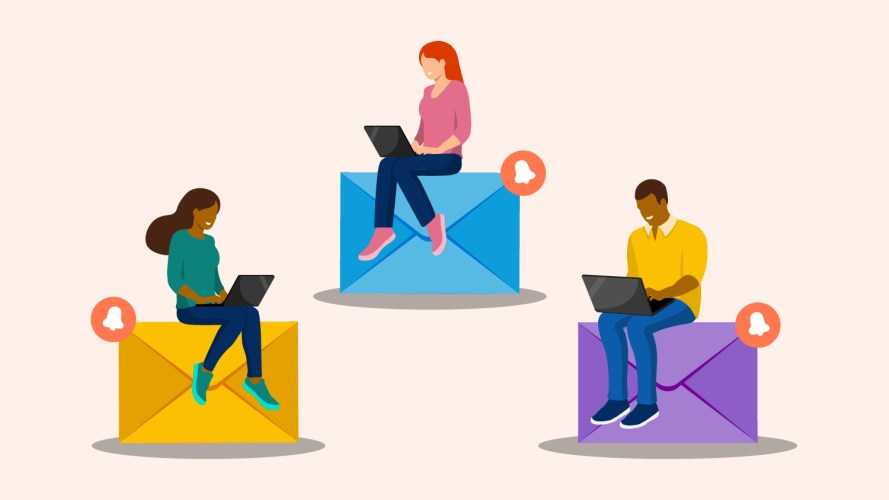Experts Answer 5 Burning Questions About Empathetic Marketing



We hear about empathy in marketing, but what does it really mean? And how can it be done well at scale?

Sachin Shenolikar
Empathetic marketing means truly understanding your audience. It’s marketing that knows exactly who the customer or prospect is, what they’re going through, and what they need. It can make that person feel like they’re corresponding with a close friend, family member, or trusted confidant.
This type of personalization is front-of-mind for marketers who are working to build strong relationships with customers and prospects while we learn to “work from anywhere.” But strategies and tactics are still evolving. There’s still a lot to figure out, including how to scale personalization and how to use personal data ethically.
Tina Rozul and Marty Kihn, hosts of the Marketing Cloudcast, spoke with leading experts across marketing, data science, and platforms to get their ideas on the future of personalized, empathetic marketing. Here’s what they said.
Listen to The Humanizing Marketing podcast
This mini-series from the Marketing Cloudcast covers how to use technology and creativity to create empathetic messaging that builds relationships.



1. What does humanized or empathetic marketing mean to you?
Shannon Duffy, executive vice president, Cloud Marketing, Salesforce
It’s all about surprising and delighting customers. How are we using our channels, our content, and our messages to really help our customers and be that trusted advisor? How are we giving them content that’s valuable to their jobs or those moments that make their life just a little bit easier?
It could be something as simple as remembering their favorite ice cream flavor when they log on to order. These moments mean so much more because of all the stress we’re under right now. That’s what humanizing marketing means to me.
2. How can marketers best understand what their customers need?
Joyce Solano, chief marketing officer, WordPress VIP
Answer this question for your top 10 customers: Why do they value you when they’re drawing that line in the sand of which vendor gets kept?
I’ve gotten responses like, ‘I send my kid to school because I got a bonus, and I got a bonus because I was able to scale with the technology support that [WordPress] gave me.’ Or, ‘I got promoted or was able to get more sleep at night because of your company.’
If you totally understand why folks value you, it goes beyond the product features. You can start to relate to that on a human-to-human scale.
3. How can marketers use personalization to create the best customer experience?
Mark Abraham, managing director and senior partner, Boston Consulting Group
You really have to tie channels together into a seamless experience. It becomes magical when you can tie together the digital and the physical world – what I call bionic personalization. Those human connections are what we’re all craving. If they can be personalized in addition to your digital interactions with a brand, then that unlocks something truly powerful.
In all our research, we find that at most 10% of brands are truly at that personalization leader level where they’re beginning to think about an end-to-end, cross-channel, and seamless experience.
4. How should marketers think about personalization?
Melinda Han Williams, chief data scientist, Dstillery
There are two concepts of ‘who’ that you’re trying to reach. One view is historical that takes into account the context of everything you’ve ever experienced. And the other view is who you are in this moment and what you’re focused on right now. What are your intentions and mindset?
I think in some ways [the latter] might allow for a more human connection. I’m a data scientist and also a mom. And if you try to talk to me about one of those things while I’m doing the other, it’s just annoying and not useful. I’m going to be more receptive and engaged if you catch me relative to the moment I’m in right now and my intent in that moment.
5. What ethical considerations should marketers be mindful of at the intersection of data and artificial intelligence?
Sheila Warren, deputy head of the Centre for the Fourth Industrial Revolution, World Economic Forum
The fundamental thing to understand is that there really isn’t artificial intelligence without data. Your first point of investigation needs to really be the data that you’re using. What data are you gathering? What are you using it for? How are you using it?
A lot of the laws that we’re familiar with, such as GDPR and CCPA, are very rooted in privacy. But there’s a lot more going on with data than privacy. There are different notions culturally around the world about what should be private, what does privacy mean, who should have access, what should they use it for, and what kind of notice do I have to have. All of these things are complicated.
Watch the Humanize Experiences Around the Digital-First Consumer webinar, an episode of the Master Your Marketing series














